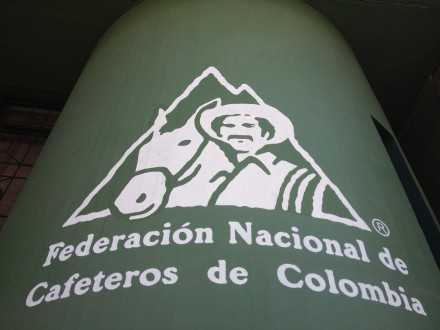MEDELLÍN, Colombia – Within the framework of its 90th anniversary, the Colombian Coffee Growers Federation (FNC) launched a public and global call to identify innovative proposals that increase efficiency of selective coffee harvesting.
The initiative, known as CoffeepickINN, encourages entrepreneurs, research groups and companies to participate, and itwill enjoy the support of Connect Bogotá-Región, a leading organization in facilitating open innovation, entrepreneurship, and technology transfer processes.
“By co-developing innovations that address high cost of labor in Colombian coffee harvesting and increase profitability of producers, we want to create shared value between proponents and the FNC,” Roberto Vélez, the FNC CEO, noted before representatives of Colombia’s 15 coffee departments.
It’s important to note that in order to increase coffee harvesting efficiency, proposals must take into account the conditions that are specific to the Colombian context and the technological, agronomic, human and economic sources of inefficiency.
Those interested in participating will find all information, registration forms and additional terms and conditions at www.coffeepickinn.com. The call for proposals goes from July 10 to September 29 2017.
Aimed at Entrepreneurs, Businessmen and Research Groups
The call for proposals is directed to domestic and foreign entrepreneurs, businessmen and research groups that have the necessary ideas, skills and technology to increase coffee harvesting efficiency through innovative means:
- Entrepreneurs: natural or legal persons who are creating a new business or company.
- Businessmen: companies that are legally constituted.
- Research groups: Master or PhD students.
Proposals may be partially developed for another industry or still be under research.
Common Solutions to Common Challenges
This call for proposals is an effort of the FNC to use its global leadership to find solutions to challenges that are common to a number of coffee producing countries and to contribute to sustainability of the global coffee industry as a whole.
Common challenges include economic sustainability of coffee producers, rural development, climate change adaptation, productivity, price volatility, generational knowledge exchange and labor.


















